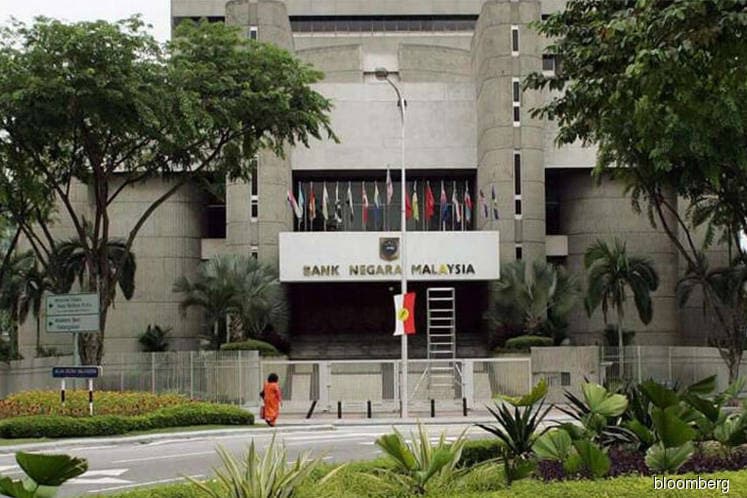
This article first appeared in The Edge Financial Daily on April 9, 2019
KUALA LUMPUR: Bank Negara Malaysia’s (BNM) proposed additional capital requirement for domestic systemically important banks (D-SIBs) is credit positive, because the move will increase the ability of the largest banks in the country to absorb potential shocks and enhance the banking system’s stability amid challenging operating conditions, Moody’s Investors Service said.
Moody’s said in a note yesterday that under BNM’s proposed framework, banks designated as D-SIBs will be required to maintain an additional capital buffer of 0.5%-1% of Common Equity Tier 1 (CET1) capital relative to risk-weighted assets on a consolidated group basis.
The proposed D-SIB buffer will complement other CET1 capital requirements implemented this year, such as the countercyclical capital buffer and capital conservation buffer, Moody’s said.
“Assuming all six of the Moody’s-rated Malaysian banks are designated as D-SIBs, we expect all of them would comfortably meet the higher capital requirement without having to raise additional capital, because they maintain buffers well above the new minimum regulatory capital levels,” Moody’s said.
The six Moody’s-rated Malaysian banks are AmBank (M) Bhd, CIMB Group Holdings Bhd, Hong Leong Bank Bhd, Public Bank Bhd, Malayan Banking Bhd and RHB Bank Bhd.
Moody’s said these banks had CET1 capital ratios of more than 300 basis points above the 8% minimum CET1 ratio (including a 1% D-SIB capital buffer) at end-2018.
“In addition, we expect the banks’ internal capital generation to remain sound and outpace capital consumption over the next 12-18 months, because of sluggish loan growth and weak market sentiment,” Moody’s said.